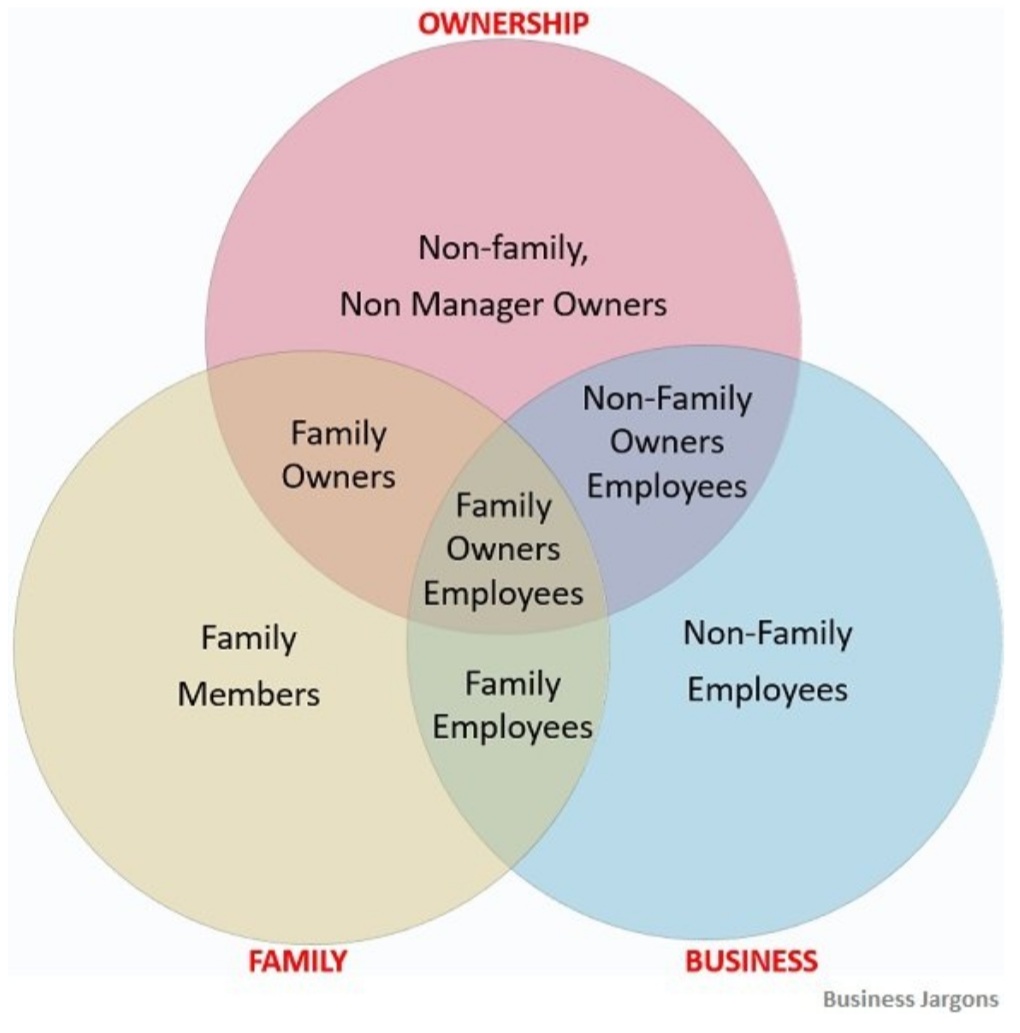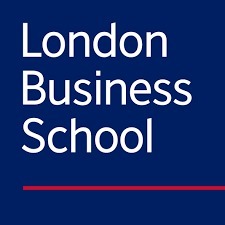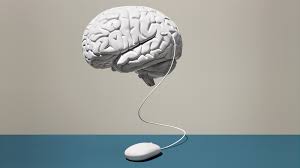
Credit: Wharton.upenn.edu
Generative artificial intelligence has a quantity-over-quality problem. One of the biggest challenges in using large language models like ChatGPT is precision.
“Why do you need to buy the whole candy store if you just need a lollipop,” said Daniel Ringel, marketing professor at the University of Chapel Hill’s Kenan-Flagler Business School.
His latest study looks at how synthetic experts can refine results to give users exactly what they need. He created one for the study and compared it with the work of crowdsourcing amateurs, academic experts, and ChatGPT-4. The synthetics expert outdid them all, performing 66 times faster and 400 times cheaper than ChatGPT-4.
Ringel was one of four scholars who shared their work during the webinar, “AI and Innovation,” which streamed live on March 1. The webinar series is hosted by AI at Wharton. Wharton professor of operations, information and decisions, and co-director of AI at Wharton Kartik Hosanagar served as moderator.
“AI is going to significantly transform work, the productivity of organizations, even how things work at the macroeconomic and societal level,” he said.
The webinar also featured research presentations from Dokyun Lee, information systems professor at Boston University’s Questrom School of Business; Rayna Xu, information systems and analytics professor at Miami University’s Farmer School of Business; and Léonard Boussioux, information systems and operations management professor at the University of Washington’s Foster School of Business.
Boussioux hailed AI’s ability to help humans solve the world’s most pressing problems — including the sustainable development goals set by the United Nations — if they can filter out the noise.
In his co-authored paper on gen AI and crowdsourcing, he found humans and machines were equal in creating ideas for the circular economy. But humans were better at highly novel solutions, so the most valuable ideas came from a collaboration of both.
“It’s easy for AI to recombine ideas, but it’s harder to get moonshots.” — Léonard Borussia
“This whole study is motivated by the statistical view of innovation. The best ideas are statistically rare,” Boussioux said. “It’s easy for AI to recombine ideas, but it’s harder to get moonshots.”
Xu’s co-authored paper looked at another aspect of AI’s quantity-over-quality problem by examining whether Google or ChatGPT was better at information retrieval.
The study found that ChatGPT excelled at pulling answers to questions but struggled with fact-checking. Depending on the task, integrating AI into traditional search engines may generate the most stable results, she said.
Xu pointed out that ChatGPT’s accuracy is improving, with each interaction getting better at fact-checking.
Lee’s co-authored study introduced InnoVAET, an exploratory tool that enables interpretation, comparison, visualization, and augmented creation of multi-modal business objects. He said the tool can help business leaders understand the competitive landscape and filter good ideas for strategic action.
“Novelty is the easy part,” he said. “The challenging part is how do you make sure that things are valuable.”
What is your thought on the article on AI?





















